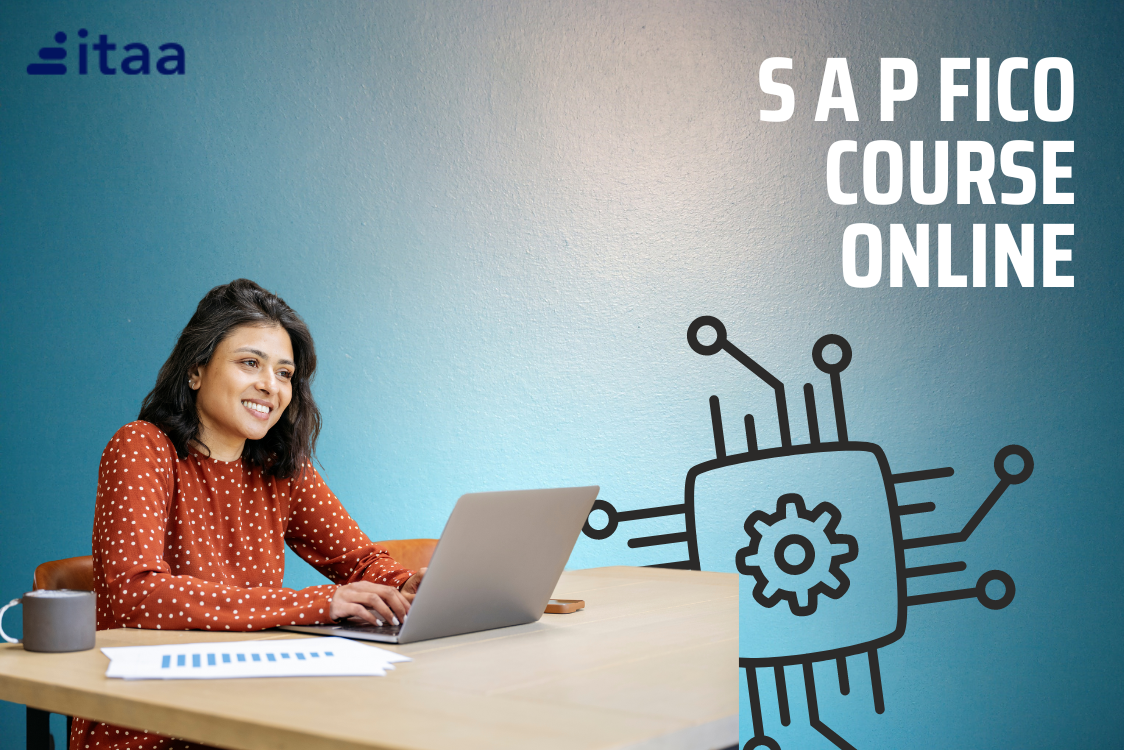
Introduction
Online learning has become a transformative force in education, particularly in fields like accounting, due to its flexibility and accessibility. Online Accounting Courses are revolutionizing traditional education by fundamentally changing how individuals acquire knowledge and skills in this discipline. This shift goes beyond convenience; it represents a significant transformation in education delivery and consumption.
Traditional education often relies on fixed schedules and physical classrooms, limiting accessibility for many learners. In contrast, online accounting courses offer flexibility in terms of scheduling and location. Learners can access course materials and lectures at their convenience, allowing them to balance their studies with work, family, and other commitments.
Moreover, online accounting courses provide a more personalized learning experience. Learners can progress at their own pace, revisit challenging concepts, and engage with interactive learning tools to enhance their understanding. This personalized approach improves learning outcomes and fosters a deeper level of engagement and retention.
The Rise of Online Accounting Courses –
Online education has surged in popularity in the last ten years, particularly in accounting. This trend is evident in the proliferation of online accounting courses, which have become increasingly prevalent. These courses offer students the flexibility to learn at their own pace and convenience without the constraints of traditional classroom settings. The rise of online accounting courses can be attributed to several factors, including technological advancements, which have made online learning more accessible and interactive. Additionally, the increasing demand for skilled accounting professionals has fueled the growth of these courses as more individuals seek to acquire the necessary skills and qualifications for a career in accounting. Overall, the rise of online accounting courses reflects a broader shift towards online education and its growing importance in today’s digital age. This surge can be attributed to several factors:
Accessibility: Online accounting courses break down geographical barriers, allowing individuals from diverse backgrounds and locations to access high-quality education.
Flexibility: Unlike traditional classroom settings, online accounting courses offer flexibility in terms of scheduling. Learners can conveniently access course materials and lectures, accommodating busy schedules and personal commitments.
Cost-effectiveness: Online courses often come at a fraction of the cost of traditional education, making accounting education more affordable and accessible to a broader audience.
Customization: Online platforms enable learners to tailor their learning experience to suit their needs and learning styles, fostering a more personalized educational journey.
Transforming Education Dynamics –
The impact of online accounting courses extends beyond convenience; it is fundamentally transforming the dynamics of education:
Self-paced Learning: Online accounting courses empower learners to progress at their own pace, enabling those with different learning speeds to thrive. This self-directed approach fosters autonomy and accountability, essential skills in the field of accounting.
Global Learning Communities: Through online platforms, learners can connect with peers and instructors worldwide, facilitating diverse perspectives and collaborative learning experiences. This globalized approach enriches the educational journey and prepares learners for the interconnected nature of the modern accounting profession.
Real-time Updates: The dynamic nature of accounting requires professionals to stay abreast of the latest developments and regulations. Online courses can provide real-time updates and relevant content, ensuring learners receive the most current information and skills needed to excel in their careers.
Interactive Learning Tools: Online accounting courses leverage interactive tools and multimedia resources to enhance learning outcomes. From virtual simulations to live Q&A sessions, these tools engage learners in active participation, promoting a more profound understanding and retention of complex accounting concepts.
Addressing Challenges and Ensuring Quality –
While online accounting courses offer numerous benefits, they also pose specific challenges:
Maintaining Engagement: Keeping learners engaged in an online environment can be challenging due to the absence of face-to-face interaction. Educators must employ innovative instructional strategies and interactive activities to enhance engagement and promote active learning.
Ensuring Academic Integrity: Online education raises concerns about academic integrity, mainly cheating and plagiarism. Institutions must implement robust measures, such as proctored exams and plagiarism detection software, to uphold academic standards and integrity.
Access and Equity: Despite its accessibility, online education may still pose barriers for individuals with limited internet access or technological resources. Efforts must be made to ensure equitable access to online accounting courses for all learners, regardless of socioeconomic background or geographic location.
Quality Assurance: Maintaining the quality of online accounting courses is essential to uphold educational standards and ensure learner success. Accreditation bodies, regulatory agencies, and quality assurance frameworks play a crucial role in evaluating and certifying the quality of online education offerings.
The Future of Accounting Education –
With technological advancements driving the demand for proficient accounting professionals, accounting education’s trajectory is transforming towards online platforms. This evolution is propelled by the burgeoning reliance on technology in accounting practices, prompting a reevaluation of educational methods. Online education stands at the forefront, offering flexibility, accessibility, and tailored learning experiences to meet the evolving needs of students and the industry alike. Through virtual classrooms, interactive modules, and real-time simulations, students can acquire practical skills and theoretical knowledge essential for success in the modern accounting landscape. Key trends that are likely to define the future landscape include:
Hybrid Learning Models: Integrating online and traditional classroom instruction will likely become more prevalent, offering learners the benefits of both modalities.
AI and Adaptive Learning: Artificial intelligence (AI) and adaptive learning technologies will enhance personalized learning experiences, providing tailored content and support to individual learners.
Lifelong Learning: Continuous professional development will be essential for accounting professionals to stay competitive in a rapidly evolving landscape. Online education will facilitate lifelong learning opportunities, enabling professionals to upskill and reskill throughout their careers.
Industry Partnerships: Collaboration between educational institutions and industry partners will become increasingly important, ensuring that online accounting courses remain relevant and aligned with the workforce’s needs.
Conclusion –
Itaa Education provides a transformative service through online accounting courses, redefining education with unmatched flexibility, accessibility, and personalized learning experiences. As the accounting landscape evolves, embracing Itaa Education’s online courses becomes indispensable for individuals aiming to excel in a dynamic global economy.
Leveraging cutting-edge technology and innovative approaches, Itaa Education is at the forefront of reshaping the future of accounting education. Itaa Education empowers learners to thrive in the rapidly changing accounting field by offering comprehensive online resources and fostering a supportive learning environment. Contact us to know more other courses we provide online. With Itaa Education, individuals can access top-tier education anytime, anywhere, unlocking professional growth and success opportunities.

